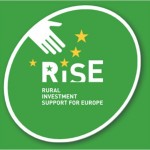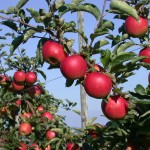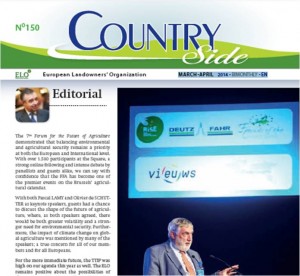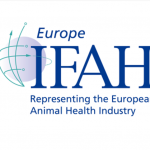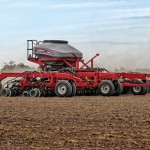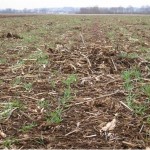 Ein wegweisendes Jahr für Eh da-Flächen
Ein wegweisendes Jahr für Eh da-Flächen
A groundbreaking year for „Eh da-Areas“
Introduction
In the course of the year 2013 the project of determine the potential at “Eh da-Areas” in agricultural landscapes which is initiated from the Association of the Promotion of Sustainable Agriculture (Fördergemeinschaft nachhaltige Landwirtschaft, FNL) could reach sundry milestones. As a reminder: “Eh da-Areas” are areas…
Read more
(Photo: Fg, Text: Institut für Agrarökologie (IfA) / Institute for Agroecology (IfA))

